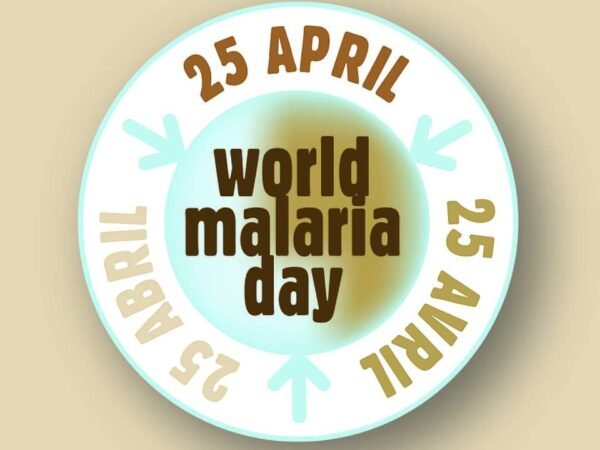Dili, April 26, 2025 (Média Democracia) – The World Health Organization (WHO) Southeast Asia Region observes World Malaria Day each year on April 25, a day established by WHO Member States during the World Health Assembly in 2007.
WHO Southeast Asia Regional Director, Saima Wazed, stated that this year’s World Malaria Day is an opportunity to highlight the need for sustained investment and long-term political commitment in the prevention and control of malaria.
“WHO, together with the RBM Partnership to End Malaria and other partners, promotes the campaign ‘Zero Malaria Starts with Me: Reinvest, Reimagine, and Revitalize’ to re-energize efforts at every level from global policy to community action to accelerate progress toward malaria elimination,” said Saima Wazed.
She continued by saying that we are at a defining moment that requires both renewed promises and bold actions. It calls for a shift in approach and mindset to address what truly matters.
“Our region has made excellent progress in the fight against malaria. Southeast Asia is the only WHO region to have achieved the 2020 milestones of the Global Technical Strategy (GTS) for malaria, reducing both malaria cases and deaths. We are on the right track to achieve the ambitious GTS targets for 2025 and 2030,” she said.
She emphasized the success stories of the Maldives and Sri Lanka, which were certified malaria-free in 2015 and 2016, respectively. Meanwhile, four endemic countries Bhutan, India, Nepal, and Timor-Leste have achieved a significant reduction of more than 63% in malaria incidence since 2015. Timor-Leste and Bhutan are now close to elimination.
“However, malaria remains a persistent challenge. Our region continues to be the second-largest contributor to the global malaria burden, and progress has slowed in recent years. Political instability and conflict in some areas have disrupted health services,” she added.
She also reported that the persistence of drug-resistant malaria in the Greater Mekong Sub-region, evolving vector behavior, insecticide resistance, and climate change have further complicated malaria control efforts. Vulnerable populations, weak health infrastructure, and declining international funding present additional threats.
“We have only five years left to achieve our regional goal of malaria elimination by 2030. To succeed, we must take decisive action,” she stressed.
She underscored that sustainable financial investment is essential. With increasing funding constraints, it is vital to prioritize the mobilization of domestic resources and the optimization of existing funds to maximize impact.
“Eliminating malaria is an investment, not a cost. It brings significant economic and social benefits, improves workforce productivity, and reduces healthcare costs. It is a smart investment with high returns,” she affirmed.
As the dynamics of malaria continue to evolve, so too must the response, embracing innovation in products and service delivery. Digital health solutions can strengthen surveillance and enable real-time decision-making, particularly in high-burden countries.
“Fighting malaria requires more than just strategies and investments. It demands passion, commitment, and urgency. Strong political leadership is needed to ensure that malaria elimination remains a national priority,” she noted.
She also highlighted that frontline health workers need recognition, motivation, and support, they are the backbone of malaria efforts. Communities must also be empowered as active participants through awareness, engagement, and ownership of interventions.
In this year’s World Malaria Day 2025, let us remember that elimination is not solely the responsibility of governments and health agencies. It is a shared mission that requires commitment from every individual, every community, and every partner throughout their daily lives.
Report by : Nelfiano
Photo by : WHO Media

